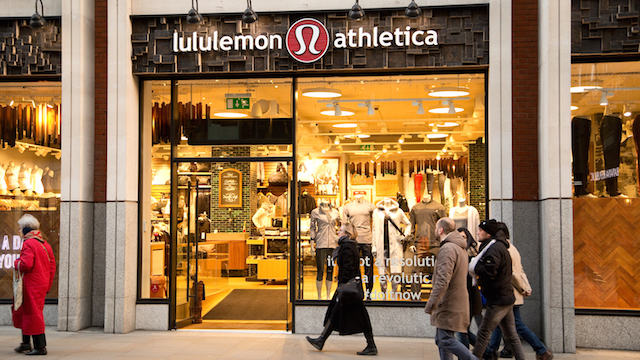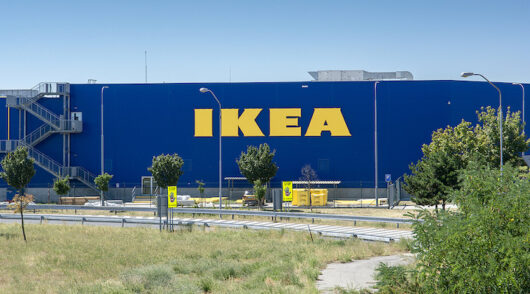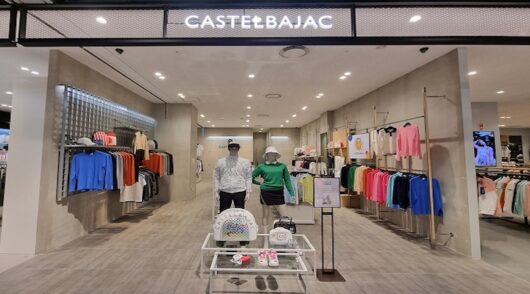Someone forgot to inform Lululemon there is a slowdown in the growth of the athleisure category.
The Canadian company’s latest results stand in direct contrast to those of many other sporting retailers, with both total and comparable sales surging ahead by 13 per cent and 7 per cent, respectively. Online sales surged 30 per cent.
The numbers are a testament to Lululemon’s brand strength, the credibility of its products, and to its constant focus on innovation. They have enabled the group to take share in a crowded, competitive marketplace where consumer demand is a little more muted than it once was.
While the North American market is far from saturated, it is encouraging to see it pursue international growth. The brand is already a hit with younger Chinese shoppers with both new physical stores in China and the digital Tmall store performing well above expectations. Given the embryonic stage of development, there is significant headroom for future growth in China. The same argument applies, albeit to a lesser degree, in Europe.
The latest results also underscore the fact that many of the problems faced by players like Dick’s or Foot Locker stem, not solely from the fact that athletic wear demand is more subdued, but because consumers are increasingly switching to buying directly from brands. Lululemon is proof that a well-configured, focused brand can secure customer loyalty far better than a retailer selling a diffuse range of different products with little coherence.
Despite the great sales numbers, a slight disappointment comes from the bottom line, where operating margin and net income ($48.7 million) both fell. Some of this was down to asset impairment and resulting costs, but even when this is factored out the results were still weaker than the prior year. All that noted, the softer profit numbers are perfectly acceptable, mainly as they are a consequence of the various investments and initiatives Lululemon is undertaking to strengthen its position in the market Given these are bearing fruit, the long-term prognosis still looks good.
Among these initiatives was Lululemon’s first global brand campaign, which launched in May, and helped to raise the profile of the company. Although the marketing focused on overtly yogic themes of breathing, letting go, self-discovery, and humility – the more general imagery resonated with a much wider audience. From our data, it is clear that Lululemon has successfully connected with new groups of customers as a result.
Another area of success, partly but not solely driven by the marketing push, has been the number of men buying Lululemon product. Numbers have risen consistently over the past year or so, but we now see evidence that the trend is accelerating. Among Lululemon’s male shoppers, average spend is up as is the average number of products purchased. Some of this is the result of a much more comprehensive range of men’s product, especially beyond bottoms, which is the traditional entry product to the brand. The focus on performance materials and features has also proved very popular.
In successfully pivoting from being a women’s brand to one that now appeals to both genders, Lululemon stands in marked contrast to Under Armour, which has seen only limited success in attracting women. This augurs well for the future as Lululemon has much more runway with male shoppers.
Despite making much more effort with men, Lululemon has not lost its focus on womenswear. The complaint about bland product lines has now largely been fixed, with new colors, patterns, and styles helping to drive interest and purchases among many female shoppers. Equally, the continued investment in new fabrics and designs has encouraged upgrading and new purchases alike.
Looking ahead, the balance of this year should be positive for sales. We are particularly encouraged about the holiday quarter as we think Lululemon will, once again, be a key gifting brand. While we caution that the restructuring of Ivivva and further investments may weigh down on the bottom line, this does not change the upward trajectory for Lululemon.
Neil Saunders is MD of GlobalData Retail.






